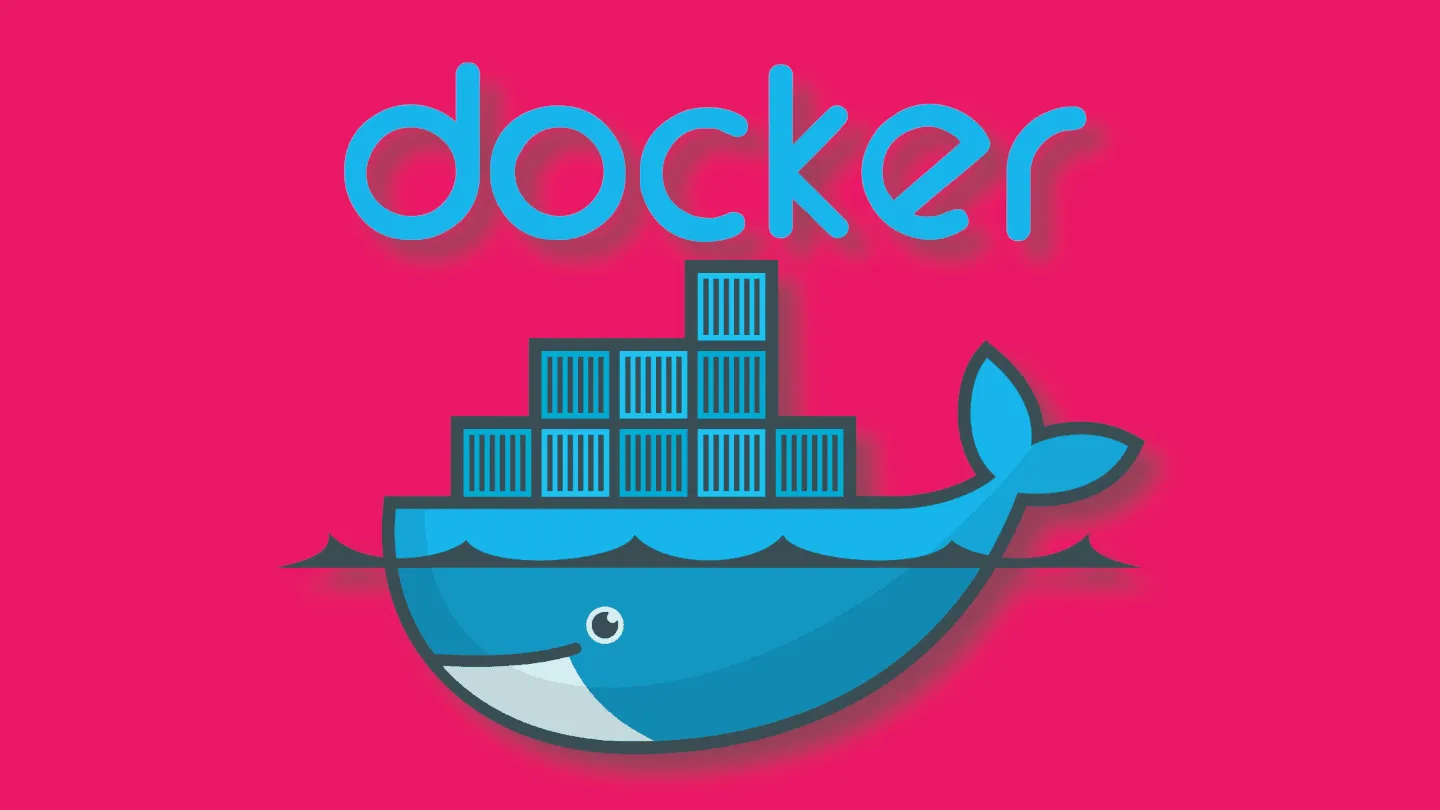
How to Use Docker for Development Environments
/ 3 min read
When developing an application running in Docker, you can edit the files on your local machine and have those changes immediately reflected in the running container. This is typically done using Docker volumes to mount your local project directory into the container. Here’s how you can set this up:
1. Using Volumes in Docker Compose
In your docker-compose.yml file, use the volumes key to mount your local project directory to a directory inside the container. This allows you to edit files on your local machine, and the changes will be seen by the container in real-time.
Here’s an example for a Node.js application:
docker-compose.yml
version: '3'services: web: build: . ports: - "8080:8080" volumes: - .:/app depends_on: - db db: image: postgres:13 environment: POSTGRES_USER: example POSTGRES_PASSWORD: example POSTGRES_DB: example volumes: - db-data:/var/lib/postgresql/data
volumes: db-data:In this configuration, the volumes section for the web service mounts the current directory (.) to the /app directory inside the container.
2. Ensure Your Application Watches for Changes
To take full advantage of real-time updates, your application should be configured to watch for file changes and automatically reload. Many development frameworks and languages have tools or libraries to facilitate this:
Node.js: Use nodemon to automatically restart the server when file changes are detected.
Install nodemon:
npm install -g nodemon
Update your Dockerfile to use nodemon:
dockerfile:
FROM node:14
WORKDIR /app
COPY package*.json ./
RUN npm install
COPY . .
EXPOSE 8080
CMD ["nodemon", "app.js"]Python/Flask: Set the FLASK_ENV environment variable to development to enable the auto-reload feature.
Ensure your docker-compose.yml includes this:
yaml
environment: FLASK_ENV: development FLASK_APP: app.py3. Start Your Containers
With your Docker Compose file configured to use volumes, start your containers:
in your terminal run:
shdocker-compose upNow, any changes you make to the files in your local project directory will be reflected inside the container immediately. Example for a Python Flask App
Here’s a complete example for a Flask application, assuming you have a requirements.txt for your dependencies and app.py as your application entry point.
Dockerfile:
FROM python:3.9
WORKDIR /app
COPY requirements.txt .
RUN pip install -r requirements.txt
COPY . .
EXPOSE 5000
CMD ["flask", "run", "--host=0.0.0.0"]docker-compose.yml:
version: '3'services: web: build: . ports: - "5000:5000" volumes: - .:/app environment: FLASK_ENV: development FLASK_APP: app.py depends_on: - db db: image: blogpostgres:13 environment: POSTGRES_USER: example POSTGRES_PASSWORD: example POSTGRES_DB: example volumes: - db-data:/var/lib/postgresql/data
volumes: db-data:With this setup, you can work on your Flask application in your local editor, and the changes will be applied immediately in the running container. Summary
- Mount your local directory into the container using volumes: This allows real-time file changes.
- Use tools like nodemon (for Node.js) or Flask’s development mode: These tools detect file changes and reload the application automatically.
- Start your Docker containers with docker-compose up: This will ensure your development environment is set up correctly and changes are reflected immediately.
This approach provides a seamless development experience with Docker, allowing you to edit code on your local machine while the application runs inside containers.